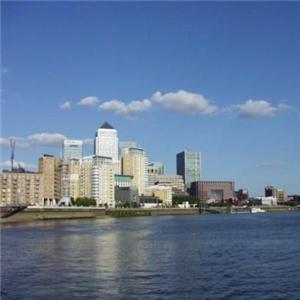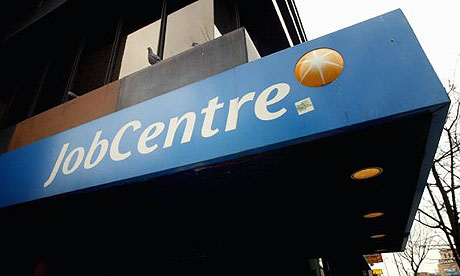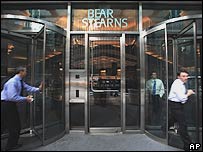Bank shares plunged and Government bonds tumbled after Gordon Brown announced plans to insure lenders for losses on bad loans which could amount to billions of pounds.
The Prime Minister announced a scheme to allow banks to exchange cash or shares for a Government guarantee on their “toxic” debts, transferring any losses they suffer from the banks to the taxpayer.
But the Government has conceded that it can’t estimate how much taxpayers’ money will be on the line in the latest bank assistance package.
UK bond prices fell sharply as the financial markets digested the prospect of further Government borrowing. Bank stocks also tumbled with shares of Royal Bank of Scotland losing more than half their value. Lloyds, Barclays and HSBC also fell.
Ministers say the new package, which comes only three months after another £500 billion bailout, is vital to restore bank lending and help companies get credit and stay in business.
Read moreBanks bailout: Bonds tumble as Government admits no cap on taxpayer risk







